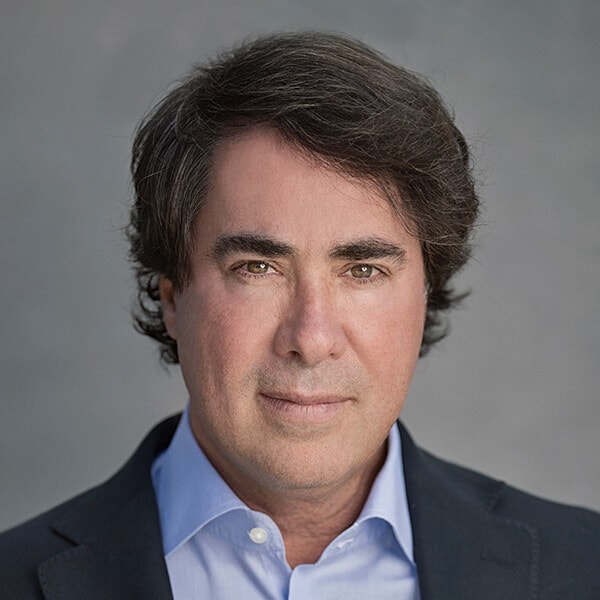Feb 10
2023
Pumping New Life into Healthcare Information: The 21st Century Cures Act Drives Unlocks the Power of Data

By Andrew A. Brooks, M.D., chief medical officer, TigerConnect.
Information is the healthcare industry’s core, from paper to digital record keeping. Healthcare organizations and physicians have relied on charts, treatment plans and other means of records to provide the highest quality of care they can offer. In the 21st century, providers need unrestricted access to holistic data to streamline record-keeping, reduce costs, and better collaborate as treatment teams advance patient care. This access to vital information is becoming more critical as digital healthcare information rises along with the rise in EHR integration.
By current estimates, nearly 30 percent of the world’s data is being generated in healthcare – with no signs of slowing down, this figure is expected to reach 36 percent by 2025. According to a 2019 Centers for Disease Control (CDC) survey, almost 90 percent of office-based physicians responded that they are leveraging EHR systems in their office-based practice. Information availability is only part of the healthcare equation. Data accessibility and interoperability are another.
When roadblocks to information are present, it can create unnecessary challenges for hospitals and treatment teams to do their jobs. These challenges in treatment and care can lead to poor clinical communication and collaboration – reducing the quality of patient care and driving costs upward. In an industry such as healthcare, smooth communications are essential both between providers and patients as they attempt to navigate doctor’s offices, hospitals, and other care facilities. Unfortunately, interoperability and access to information aren’t easy.
Information Blocking and its Impacts on Patient Care
Information blocking often refers to the interference of access, use or exchange of electronic health information. In most cases, information blocking is caused by the use of proprietary technology systems that are unable to interoperate or communicate with one another. When information blocking does occur, patient data necessary for care can be sent or received in an untimely manner or can be transmitted inaccurately. The fact is that most electronic data is still locked in silos across disparate providers. According to a study reported on by the AJMC, nearly 75 percent of physicians feel they lack sufficient information about their patients. The demand for seamless access to healthcare information is one of the driving forces behind the 21st Century Cures Act – which expanded its scope in October.
The 21st Century Cures Act & The Power of Data to Improve Patient Care
When healthcare providers have access to data, they can dramatically improve patient care. This is why many are asking the Department of Health and Human Services (HHS) for additional clarity on new federal information blocking regulations set in motion in October.
The original 21st Century Cures Act held health IT vendors, providers, and health responsible for information exchanges to better provide patient access to health records with 3rd party applications – banning the blocking of health information sharing. But this applied only to a limited set of data. Under the expanded regulations, patients will get electronic access to their records without limitations. So, what do providers and patients need to know, and how can they better align with these new regulations?